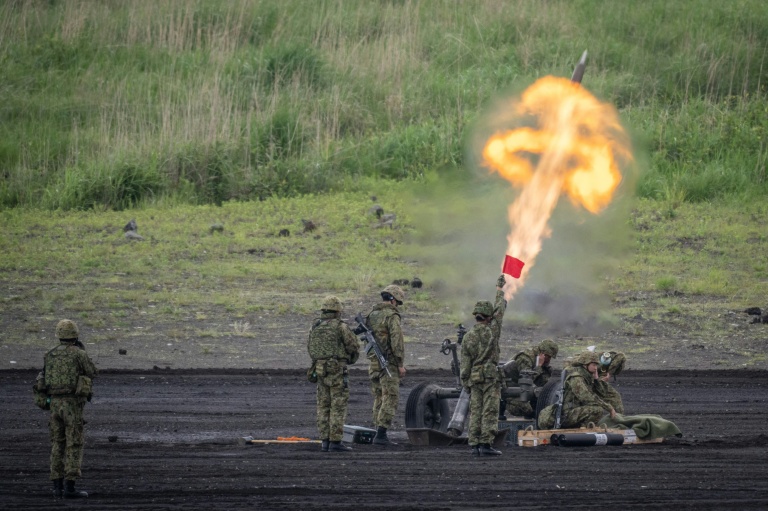Japan is set to break new ground in its defense approach, planning to triple its drone spending under a record budget proposal. Officials say the request addresses a “severely intensifying security environment,” reflecting the country’s broader shift toward enhanced military capabilities.
Japan Seeks Record Defence Budget, To Triple Drone Spending

Key Takeaways:
- Japan’s defense ministry has requested another record budget
- Drone spending is set to triple under this plan
- The move reflects a shift from strict pacifism to acquiring “counterstrike” capability
- Officials cite a “severely intensifying security environment”
- The proposal underscores broader efforts to modernize Japan’s defense
Introduction
Japan’s defense ministry has unveiled plans to significantly boost its military capabilities, particularly in the field of drone technology. According to the latest request, which policymakers call another record budget, the country aims to triple its spending on unmanned aerial systems as part of a broader plan to address what they describe as a “severely intensifying security environment.”
Shifting Defense Posture
For years, Japan maintained a strict pacifist stance following the post-war era. However, officials now speak more openly about fortifying defensive and even offensive capabilities, pointing to the government’s initiative to secure “counterstrike” measures. This pivot in policy aligns with the major increase in drone spending outlined in the newly proposed budget.
Drone Investment Details
The core of the new plan revolves around a threefold increase in drone funding. While specific figures were not released in the public announcement, the defense ministry’s focus on unmanned aerial systems underscores the belief that drones will play a critical role in confronting fast-evolving regional threats.
Security Environment & Broader Context
In explaining the request, Japanese authorities stress heightened tensions in the region and an urgent need to keep pace with rapid technological developments. The ministry’s move highlights how, in recent years, Japan has steadily stepped away from tradition to bolster its defense capabilities. Policy leaders consider drones essential for intelligence, surveillance, and reconnaissance missions, as well as potential counterstrike operations.
Conclusion
Japan’s record defense budget proposal—a testament to the nation’s changing viewpoint on security—showcases an unwavering commitment to modernize and fortify its defenses. As the regional security landscape continues to shift, the focus on drones and other advanced measures offers a revealing glimpse into Japan’s future military trajectory.











